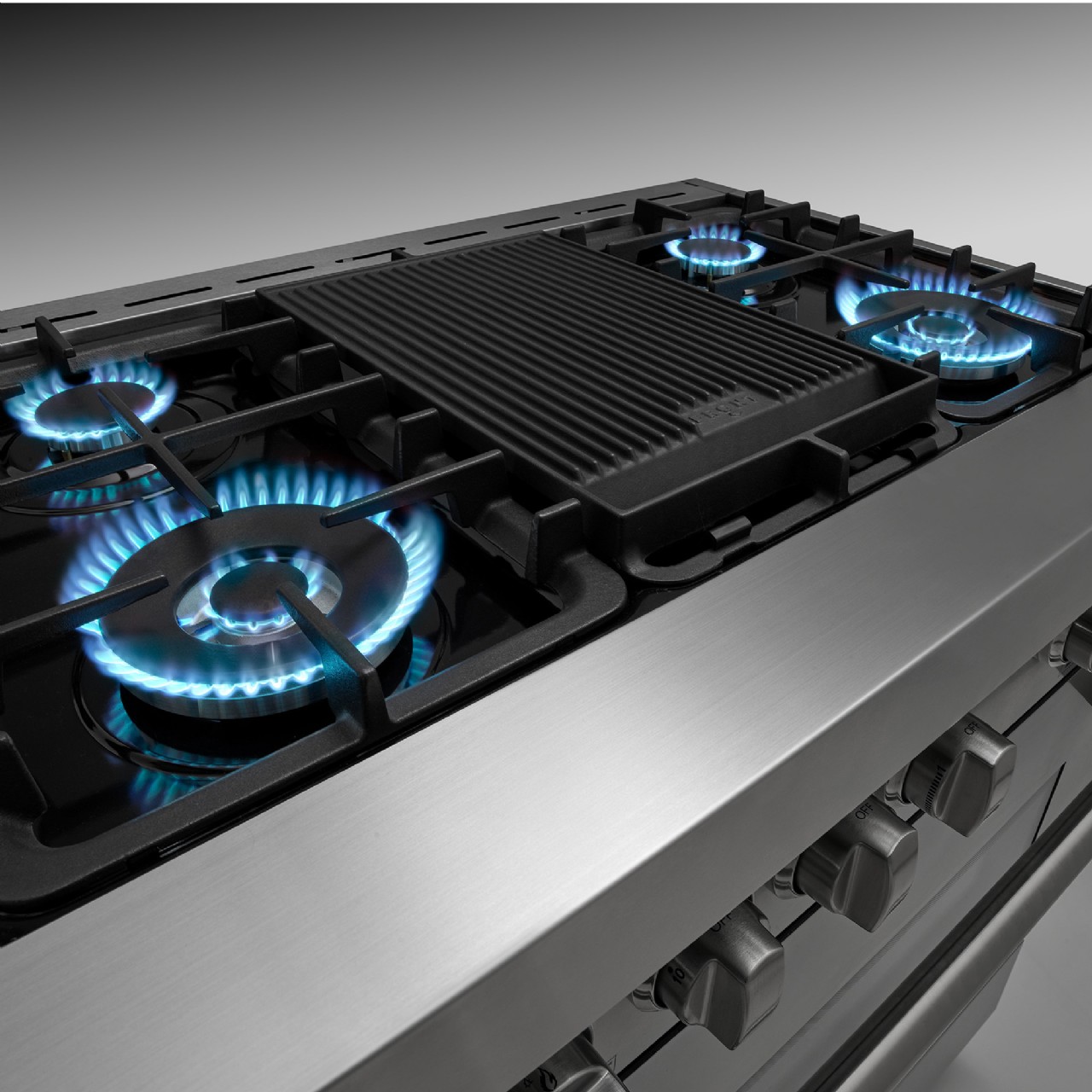Looking for about non ionizing radiation safety or learn about non ionizing radiation safety or discuss about non ionizing radiation safety or share about non ionizing radiation safety or ask about non ionizing radiation safety.
Non-ionizing radiation refers to the type of electromagnetic radiation that does not possess enough energy to remove tightly bound electrons from atoms or molecules. Unlike ionizing radiation, which includes X-rays and gamma rays, non-ionizing radiation has lower frequencies and longer wavelengths, making it less energetic but still potentially harmful if not handled with care.
While non-ionizing radiation is present in various forms in our daily lives, including radio waves, microwaves, infrared rays, and ultraviolet (UV) rays, it is important to understand and implement safety measures to minimize any potential risks associated with their exposure.
1. Radio Frequency (RF) Radiation: RF radiation includes radiation from cell phones, Wi-Fi networks, television, radio transmissions, and other wireless devices. Exposure to excessive RF radiation could result in increased body temperature, burns, or even tissue damage.
2. Microwaves: Microwaves are commonly used for cooking and telecommunications. It is crucial to avoid direct exposure to high-powered microwave sources to prevent burns and other health complications.
3. Infrared (IR) Radiation: Infrared radiation is emitted by sources like heat lamps, ovens, and fire. Prolonged exposure to intense infrared radiation can lead to burns, dehydration, and other health issues.
4. Ultraviolet (UV) Radiation: Sunlight is the main source of UV radiation. Although moderate UV exposure is necessary for vitamin D synthesis, excessive exposure can cause sunburns, premature aging, and increase the risk of skin cancer.
Following these safety guidelines can minimize the potential risks associated with non-ionizing radiation:
While non-ionizing radiation may not possess the same immediate risks as ionizing radiation, it is essential to prioritize safety measures to protect ourselves from potential long-term harm. By following the recommended guidelines and being mindful of our exposure to non-ionizing radiation sources, we can enjoy the benefits of modern technology while minimizing the associated risks.
Non-ionizing radiation refers to forms of electromagnetic radiation that do not have enough energy to remove tightly bound electrons from atoms or molecules, resulting in the production of charged ions. Unlike ionizing radiation, which includes X-rays and gamma rays, non-ionizing radiation is generally considered to be less harmful to human health.
There are various sources of non-ionizing radiation, including:
While non-ionizing radiation is generally considered safe, long-term exposure to certain sources can still pose health risks. Here are some safety measures to consider:
Government regulatory organizations have established guidelines to ensure safety when it comes to non-ionizing radiation. These guidelines focus on setting exposure limits that are well below the level at which adverse health effects are likely to occur. It is crucial for individuals and businesses to adhere to these guidelines to maintain a safe environment.
In conclusion, while non-ionizing radiation is generally considered safe, it is important to be aware of potential health risks and take necessary precautions. By following safety measures and guidelines established by regulatory bodies, we can enjoy the benefits of technology and natural sources of radiation without compromising our well-being.

Tips for Using a Gas Oven to Prevent Odors A gas oven is a fantastic appliance that can help you whip up delicious meals with ease. However, the ling

Ford Ranger Models History Ford Ranger is a nameplate that has been used on three distinct model lines of vehicles sold by Ford. The name originated i

Ford FocusThe Ford Focus is a compact car (C-segment in Europe) manufactured by the Ford Motor Company and created under Alexander Trotman's Ford 2000

The Audi Q5 is a series of compact luxury crossover SUVs produced by the German luxury car manufacturer Audi from 2008. The original first-generation

Audi A1 Oil Change Guide: Step-by-Step Instructions Changing the oil in your Audi A1 is a crucial part of routine maintenance that ensures your engin
Learn how to easily reset the thermal fuse on your GE dishwasher to troubleshoot and get it working again. Follow these steps for a quick fix.
Wednesday, June 5, 2024 / GE dishwasher thermal fuse reset Answered: 1 203
203Alexander asked.
Discover the safety of synthetic additives used in conventional oils. Explore whether these additives pose any risks or provide benefits.
Sunday, January 7, 2024 Perfumes and fragrances / Synthetic additives in conventional oils Answered: 3 187
187Charles IL2013 asked.
Discover effective online privacy strategies to protect your personal information and ensure a safer digital experience. Explore key tips and practices.
Wednesday, January 10, 2024 / Online privacy strategies Answered: 3 157
157Peyton Brooks asked.
Discover the importance of garage floor epoxy primer and how it enhances durability, adhesion, and longevity for a flawless finish.
Friday, December 29, 2023 Flooring / Garage floor epoxy primer Answered: 3 164
164Avery Brooks asked.
Meta description: Discover effective techniques for eliminating air bubbles from the BCS Volcan's hydraulic system and ensure optimal performance.
Tuesday, December 19, 2023 BCS / Air bubbles in hydraulic system BCS Volcan Answered: 3 437
437Cupcake asked.
Learn why optimal tire pressure is crucial for vehicle performance. Discover how it affects handling, fuel efficiency, safety, and tire lifespan.
Tuesday, December 19, 2023 Chevrolet / Optimal tire pressure Answered: 2 157
157Henry asked.
Find out how frequently you should check and maintain the tire pressure of your Renault Symbol to ensure optimum performance and safety.
Monday, February 5, 2024 / Tire pressure maintenance for Renault Symbol Answered: 2 145
145ashley1976 asked.
Discover the recommended tire pressure for safe towing of a Jeep Cherokee. Ensure optimal performance and stability while on the road.
Friday, January 5, 2024 Jeep / Tire pressure for towing with Jeep Cherokee Answered: 2 163
163Barbara asked.
Learn what materials and tools are essential for a DIY bathroom sink installation and how to avoid common mistakes for a successful project.
Sunday, March 17, 2024 / Bathroom sink installation Answered: 2 193
193NovaSorcerer asked.
Maintaining accurate tire pressure levels is vital for your vehicle's performance and safety. Regularly calibrating your tire pressure gauge is essential to ensure proper maintenance.
Thursday, February 22, 2024 / Tire pressure gauge accuracy Answered: 1 133
133Casey Reed asked.
This page has been viewed a total of 60 times
tepte.com: Your Questions and Answers Resource with a Wealth of General Knowledge
Are you seeking a one-stop destination for comprehensive knowledge and answers to your burning questions? Look no further than tepte.com! Our platform is your go-to source for a wide range of information, all conveniently presented in an easily accessible question and answer format.
At tepte.com, we pride ourselves on being your reliable knowledge hub. Whether you're curious about technology, science, history, or any other subject under the sun, our extensive General Knowledge (GK) knowledge base has you covered. We've made it our mission to provide you with in-depth insights and facts on an array of topics. Read more